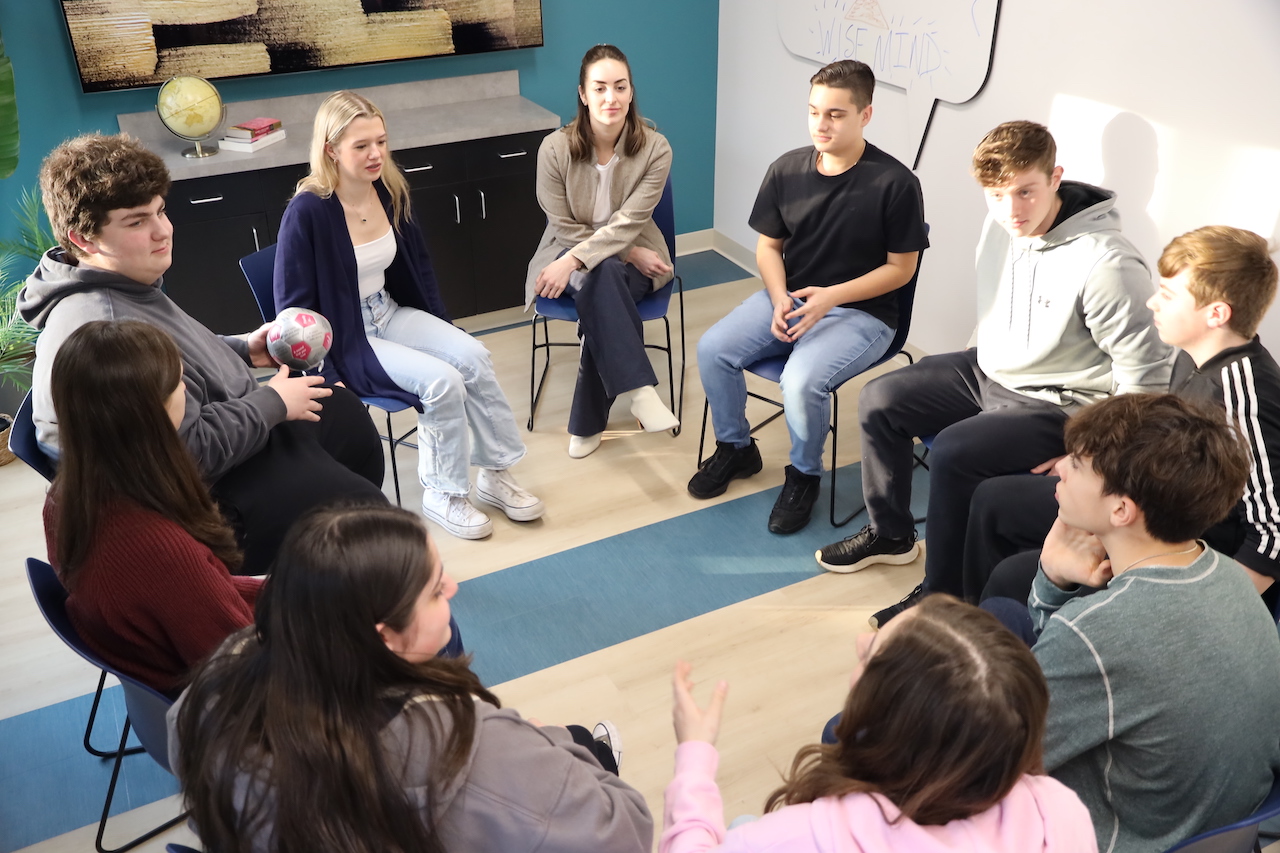Getting Ready for Adolescent Day Treatment Program

When adolescents come to treatment, it’s important to remember that as supports in our adolescent’s life, we can contribute to success and help promote healthy environments, communication, and helping make sure our adolescent’s needs are met. Actual change for the adolescent, however, must come from within, and will often be a process that extends beyond the immediate stabilization of a psychiatric day treatment program. In psychiatric day treatment programs, clients usually identify long term goals and achieve short-term ones. The first step in prepping for treatment is understanding the scope and what realistic progress looks like. It is different for each individual but does fall within the framework described above. There will be some development towards long-term progress, but it will be focused on short-term gains.
The 2-4 days before your Adolescent’s first day in treatment:
- Ensure that all paperwork, policies, and procedures have been reviewed, understood, signed and submitted. It’s important to be informed about what the rules and regulations of a program are before attending.
- Make arrangements to ensure that you are able to drop off and pick up your adolescent at the correct times. Many programs, like the one at ilearn wellness group, can allow trusted adults to pick up and drop off adolescents with the appropriate paperwork signed. It’s important to have a solid plan for arranging pickup and drop off so that your adolescent can participate in treatment fully and appropriately.
- If necessary or needed, talk to your employer about arrangements for your schedule that may allow you to participate more easily in your child’s treatment. This can include time to take off for pickup and drop off or time for parent meetings and check-in phone calls. Generally, at ilearn wellness group, a parent is contacted at least once per week during daytime hours, and discharge planning meetings are usually planned during those hours as well. It can be helpful, if you feel comfortable, to communicate these needs with any daytime commitments.
The day before your Adolescent’s first day in treatment:
- Ensure you pack them a healthy lunch. At ilearn wellness group, we request brown bag style lunches that don’t require heating or chilling, and that are peanut and nut-free.
- Discuss with your adolescent potential feelings, concerns, barriers, and expectations around treatment. It’s important that even if these conversations are frustrating and difficult, try and affirm your adolescent where possible. Their feelings around starting a psychiatric day treatment program are likely very common and expected when starting a program focused on psychiatric intervention.
- Talk through potential ways to make the process of going to treatment as comfortable as possible for your adolescent. This may include either having a debrief time after treatment, such as in the car or when you get home, or it may be just the opposite. Your adolescent may request that they get some space after treatment to think, before sharing with you the details of their day. It’s important to begin the conversation about what your adolescent may need or expect around how they interact with their home environment while they are in treatment.
While your Adolescent is in Treatment
- Be aware of potential changes in emotional affect as your adolescent processes in group each week.
- Be available to connect with your adolescent’s care team.
- Begin to work with your adolescent and their care team to ensure follow up appointments are set with their pediatrician, outpatient therapist, and psychiatrist as needed.
- Be open to your adolescent experimenting with new behaviors, communication styles, and coping skills. If possible, try to observe if an adolescent is trying something new, and try to respond in a way that is supportive of these attempts at using skills they may have used in treatment.
- Don’t ease up on structure, accountability, and normalcy. However, you may want to be mindful of the additional work your adolescent is doing while in treatment and be supportive of their potential increased needs for support.
